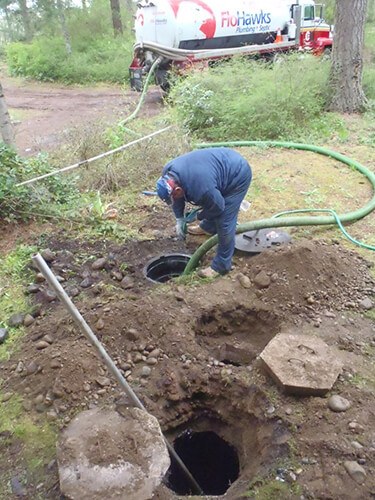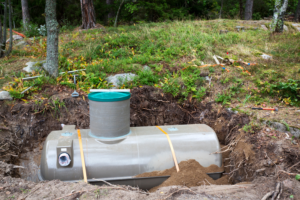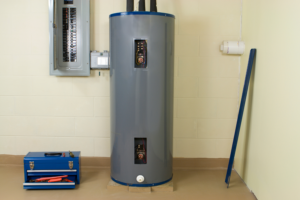 The most common cause of septic tank failure is neglecting to have your tank pumped on a regular basis. Fortunately, a little maintenance can go a long way in avoiding problems. Regular inspections and pumping can help ensure the proper maintenance and long-term functioning of your system. On average, your septic tank should be pumped every three to five years. The actual frequency of septic tank emptying depends on a number of factors including:
The most common cause of septic tank failure is neglecting to have your tank pumped on a regular basis. Fortunately, a little maintenance can go a long way in avoiding problems. Regular inspections and pumping can help ensure the proper maintenance and long-term functioning of your system. On average, your septic tank should be pumped every three to five years. The actual frequency of septic tank emptying depends on a number of factors including:
- Type, size, and volume of tank
- Age of level of use and/or abuse of the system
- Volume of wastewater produced
- Condition of the septic tank drainfield
- Amount of solids entering the system
The only way to know how often a tank needs to be pumped is to have a professional check the tank for signs such as high sludge levels, excessive scum buildup, and blocking of the inlet or outlet. Adding septic tank “additives” may actually harm the system and are not a substitute for tank pumping. Septic tanks can only be emptied by approved pumpers that are properly licensed. Generally, septic pumping involves a pump truck removing the sludge, effluent, and scum (collectively called septage) in the tank and leaving the tank empty and ready to be filled again.
Where Does It Go?
Septage is the material removed from a septic tank or pump chamber after pumping. It may have an odor and be a host for many disease-causing viruses, bacteria, and parasites. Once the waste is removed, it requires proper handling and treatment.
Federal, state, and local laws govern the final destination of the contents of your septic tank. In some cases, the septic contents are taken to municipal wastewater treatment plants or delivered to an approved privately owned beneficial use facility that specializes in the treatment of septage. In the greater Puget Sound area, individual and small on-site sewage systems are permitted and regulated by local health jurisdictions. Larger on-site systems are regulated by State Health or Department of Ecology. Septage disposal is permitted and regulated by local wastewater treatment programs and the state department of Ecology.
For the average homeowner, most prefer to take an “out of sight and out of mind” approach to what happens to the contents of their septic tank once it is removed. When you have a trusted professional like FloHawks you can rest assured knowing they will deal with your septage properly so you don’t have to.











